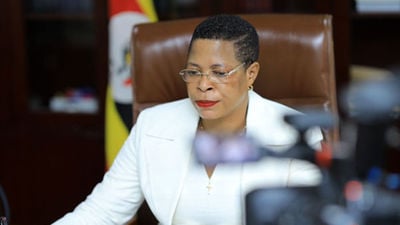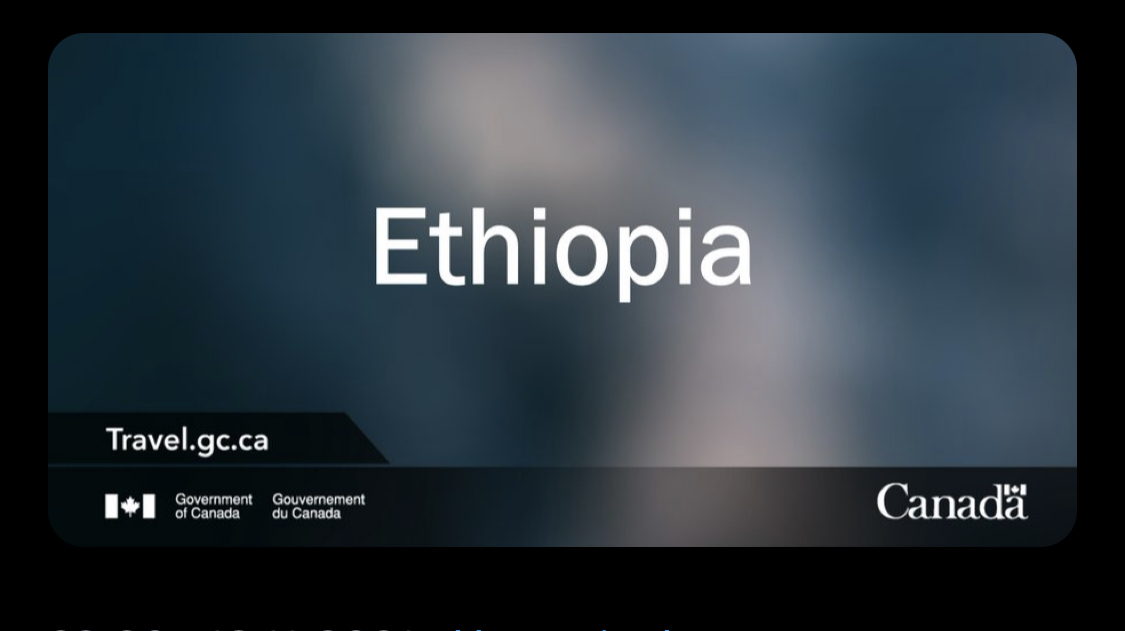Share the post "United States imposes entry ban on Uganda Speaker, Army Chief And Ministers.."
The United States on Thursday sanctioned five Uganda public officials, including the country’s Speaker of Parliament and the immediate former Deputy Chief of Defence Forces, a move that piles more pressure on Kampala to act on the integrity and human rights record of its officers…
The entry ban comes just a month after the United Kingdom also announced similar sanctions against the leader of the national assembly and two ex-ministers, The US State Department, said in a statement dated May 30, 2024, that Speaker Anita Among was placed under sanctions due to her involvement in significant corruption tied to her leadership of Uganda’s Parliament.
The Speaker is also battling sanctions announced by the UK at the end of April for corruption, which has led to the freezing of her property assets and financial holdings in London, the statement said, The UK sanctions have triggered investigations, with multiple state agencies and officials, including President Yoweri Museveni tasking the Speaker to explain her alleged property and financial assets in the UK and if Ms Among declared these as required under the Leadership Code Act.
Sanctioned Ministers
The US also announced sanctions against former Minister of Karamoja Affairs Mary Goretti Kitutu and her deputy Agnes Nandutu, as well as Minister of State for Finance Amos Lugolobi, over their involvement in significant corruption related to conduct that misused public resources and diverted materials from Uganda’s neediest communities.
Anti-gay laws
Speaker of Parliament Among has repeatedly said that the corruption is a smokescreen by the West, and the reason she has been targeted and placed under sanctions is due to her role in presiding over Uganda’s controversial anti-homosexuality act, which prescribes a death sentence for aggravated homosexuality, Human rights and gay activists have attacked the Uganda government for enacting one of the world’s harshest laws against same-sex relations as an obstacle to marginalised groups, especially sexual minorities, to live freely and also access critical services, including healthcare.




